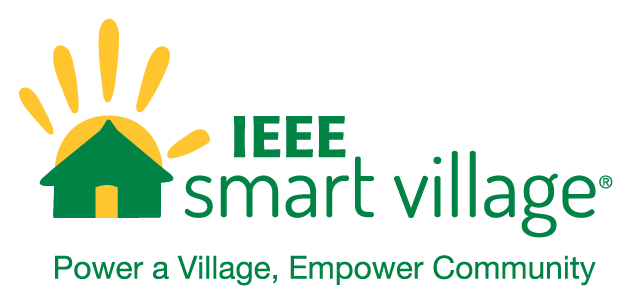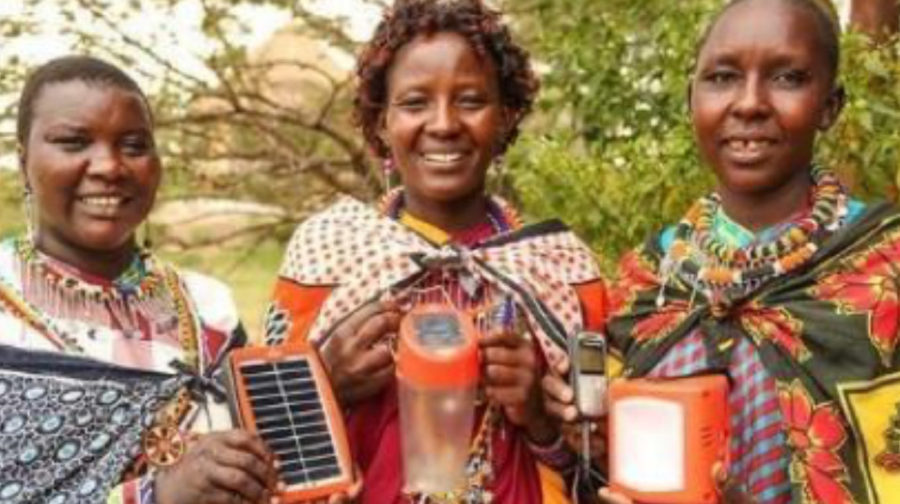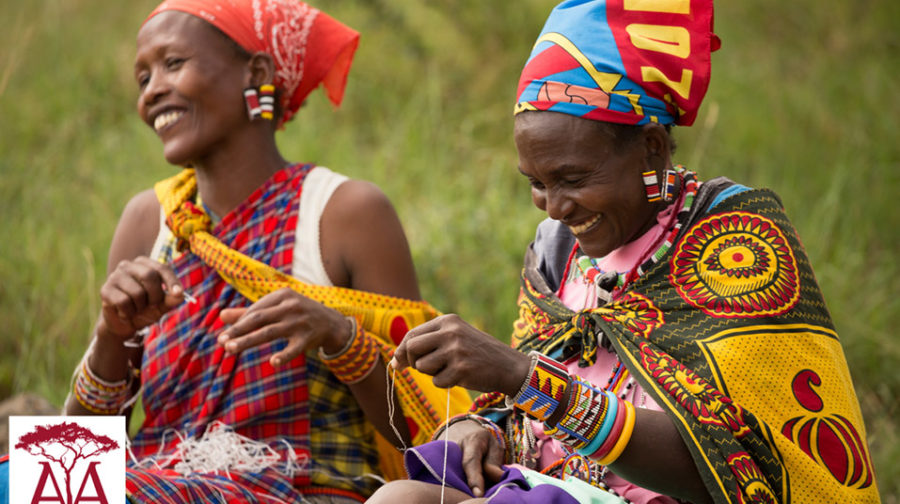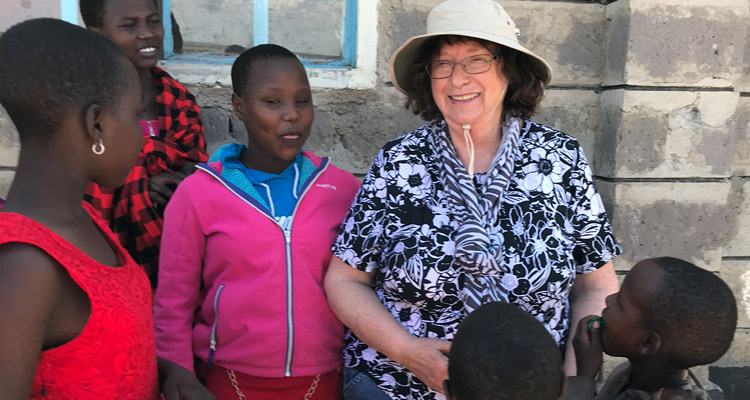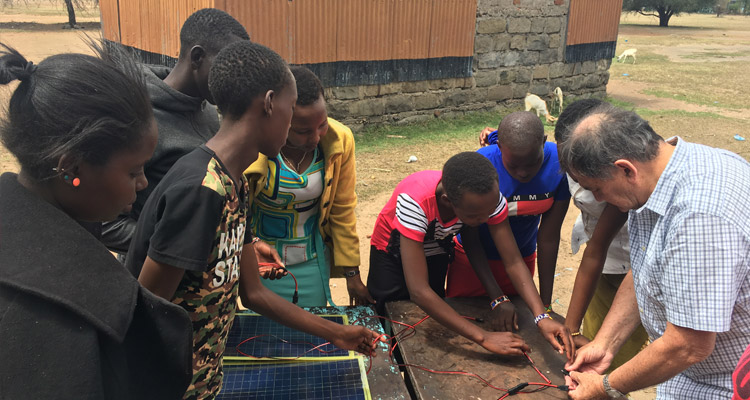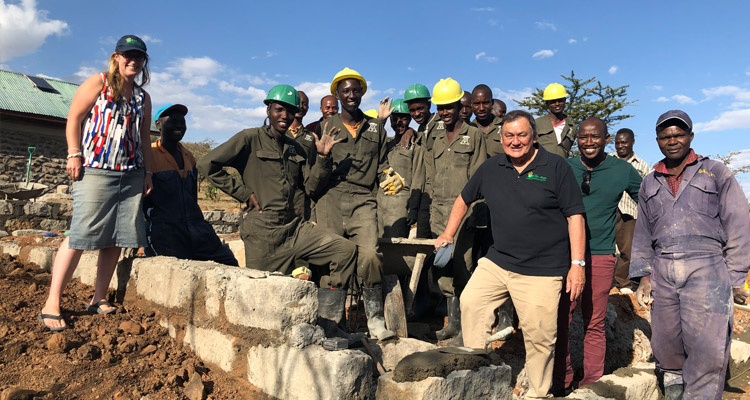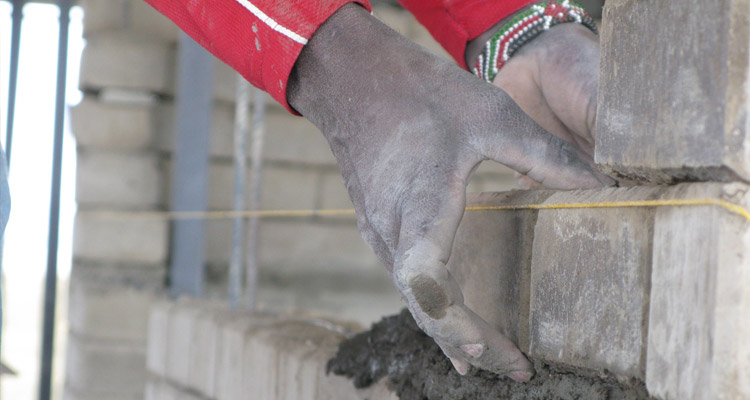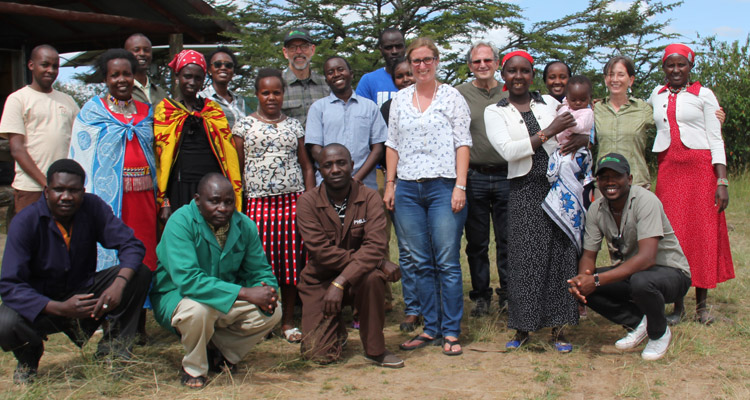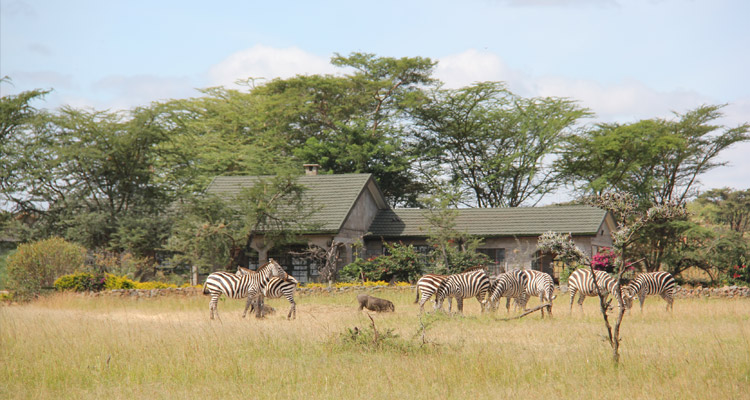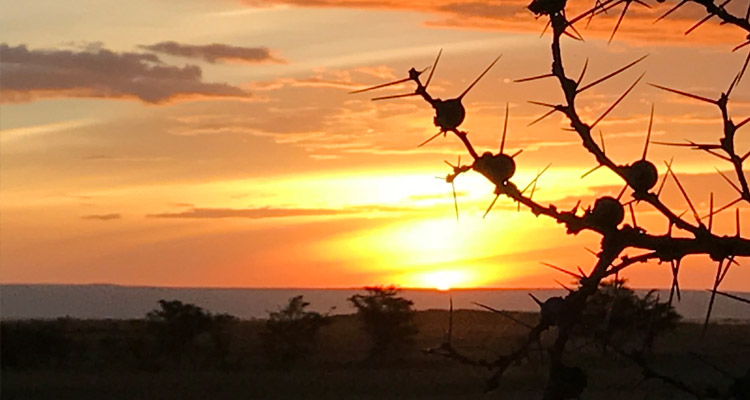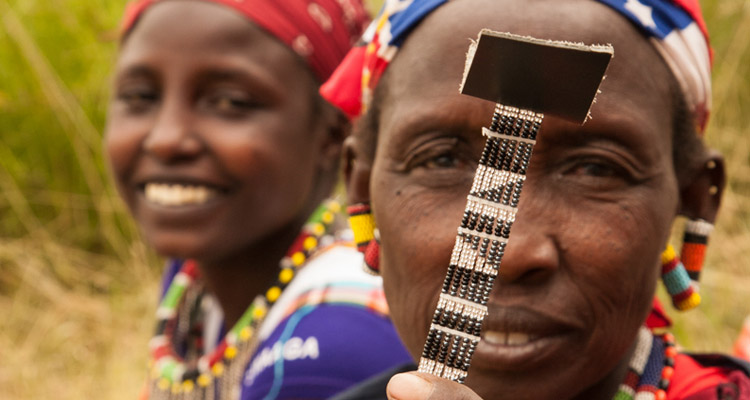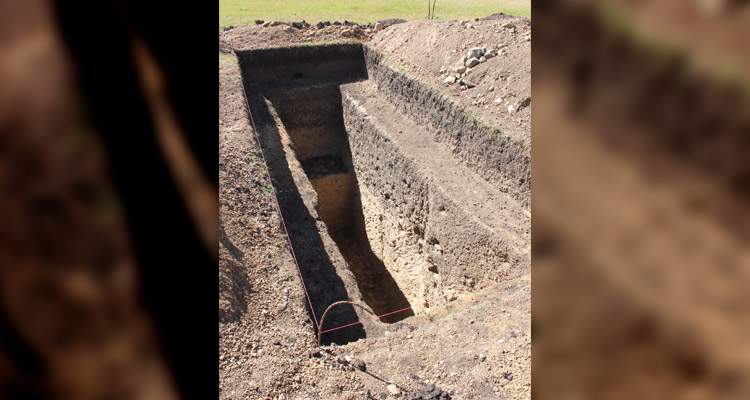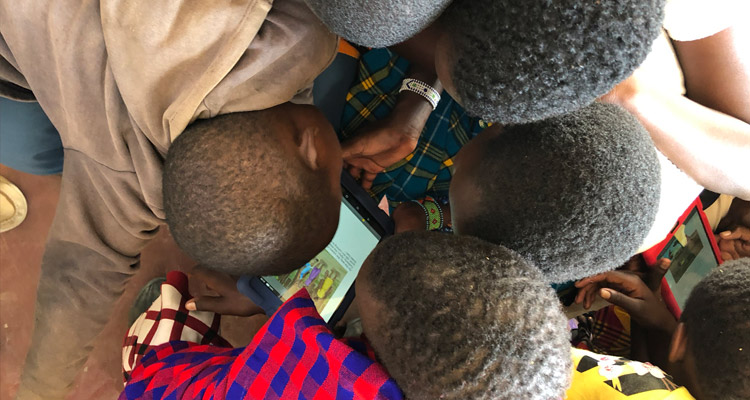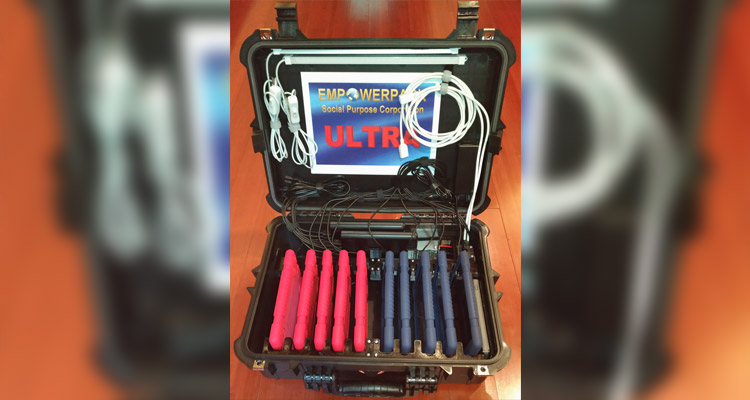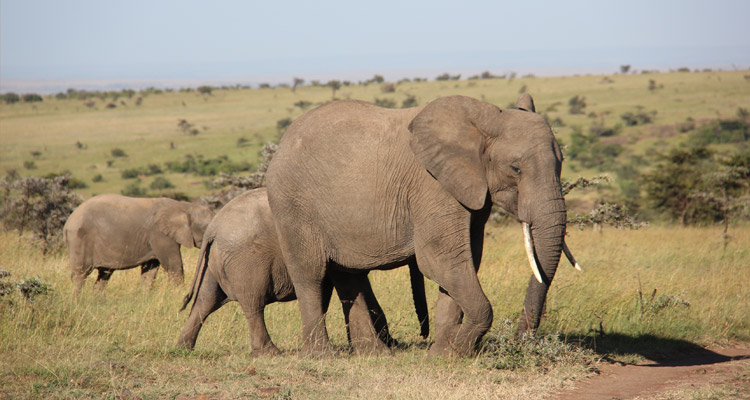The Maa Trust – Kenya
More than 90% of Kenya’s rural population lives without access to reliable electricity. As a people living in rural Kenya, the Maasai are burdened with this living condition.
Concerned about poor schooling and limits on opportunity, Maasai elders called upon the Maa Trust for assistance in developing a program to improve educational and other opportunity venues for the Maasai people. The Maa Trust is an independent non-profit organization that works towards successful environmental conservation through sustainable community development in the Maasai Mara ecosystem. Working together, the Maasai elders and the Maa Trust defined a program that would combine education, technology and enterprise to empower and enhance opportunities for Maasai children and youth. IEEE Smart Village (ISV) became a supporter of this effort. The two-year program embodies ISV’s development pillars of Energy, Education and Enterprise.
The program has five elements:
- Building and developing a solar powered ISV IT hub with capacity for 25 people. (The hub location will be close to several exclusive safari camps, including Sir Richard Branson’s Mahali Mzuri Camp. Camp guests will have the opportunity to combine a visit to hub with safari game drives.)
- Enhancing the quality of school education through teacher IT training and ongoing support, and ensuring that schools have access to appropriate electricity and computer technologies.
- Introducing computer-based career guidance to help link youth with training and employment opportunities.
- Identifying and satisfying rural electrification needs through Maa Solar, a solar social enterprise.
- Providing practical training and employment opportunities for uneducated youth, using innovative building technologies and a brick-making machine.
The program was inaugurated in early 2018. Over the first 12 months the Maa Trust will construct the IT hub and use it to train teachers on how to utilize IT in the classroom and youth how to use IT in career guidance. Maa Bricks social enterprise will also be launched, which will act as the seed for community development through education, income generation, and empowerment. Over these 12 months, detailed research will be undertaken to assess the electrification, hardware, and networking needs for households, schools, existing local businesses, and potential new micro-enterprises in the Maasai Mara. Once this has been assessed, in the second year the youth social enterprise, Maa Solar, will commence as a pilot program. Year two will also see the launch of IT training for youth at the IT hub in outsourcing skills. This will be done in partnership with Samasource, which works to reduce poverty by outsourcing digital work to people in impoverished countries.
As of late summer 2018, the brick making machine and has been purchased and 38 Maasai youth have been trained to produce compressed soil bricks. These bricks will be used to construct the IT hub, which will begin in late 2018 following approval of the architectural plans.
The development of the ISV IT Hub will empower Maasai children by increasing the quality of their education, and youth by assisting them to secure employment through career guidance training. Young people will also have employment opportunities within youth social enterprises, including Maa Bricks and Maa Solar. Once youth have a stable source of income, they (together with women on the women’s social enterprises) will be able to provide their off- grid families with items such as solar power that will improve the quality of their lives and enable them to start additional micro- enterprises.
Looking Ahead and How You Can Help
Although foundational, electricity is but one component of the Maa Trust’s approach to fostering development in its targeting communities. Taking the lessons learned from this program and making the process repeatable and scalable, the Maa Trust’s 10-year goal is to benefit one million people.
You can help ISV conduct this and similar life-changing projects around the world – Join Us.
